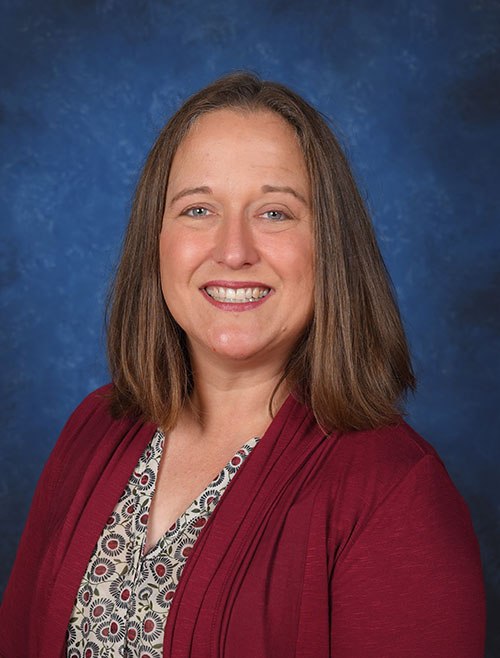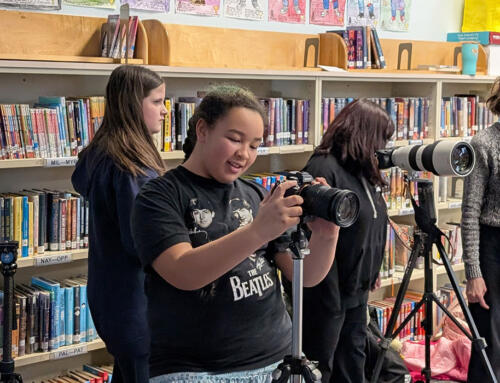
Heather Smithline is an English teacher at Battle Ground High School (BGHS)
For Battle Ground High School (BGHS) English teacher Heather Smithline, some of the most valuable skills growing minds can be taught are debate and discourse. The ability to hold constructive, meaningful conversations with their peers encourages and enables students to grow into adults who have mutual respect for each other. It also allows students to look at each other through a lens of common humanity, rather than issues that might otherwise set them apart.
Smithline says that public schools are the perfect environment to encourage debate among students because they are places where youth come from a plethora of different backgrounds and cultural experiences. They are places where they can experience a variety of perspectives from each other if given the opportunity.
“Public schools are ideal places to cultivate an atmosphere conducive to the practice of respectful argument,” said Smithline. “Classrooms need to be places where we practice and model civil public dialogue.”
Smithline builds on this concept of human connection through her instruction of literature and writing. Literature is a vital key to students’ learning and growth as human beings, Smithline says, and much of her time spent teaching English-language arts curriculum is centered around literature. Through reading literature, both as a class and individually, students have the opportunity to connect with a culture, perspective, or philosophy they may not be familiar with. As they read literature from a variety of time periods, geographic locations, and human experiences, students are able to identify similarities across cultural lines resulting in a greater understanding of different viewpoints.
A strong example of this concept in practice is Smithline’s role in coordinating BGHS’ annual Poetry Out Loud (POL) competition. Over the past nine years, the POL competition has become a beloved pre-winter break tradition that is enjoyed by the entire community, not just students and teachers at BGHS. Smithline loves the competition because of how powerful it is in introducing students and other community members to cultures outside their own.
“When a student memorizes a poem, they internalize the perspective of another individual,” said Smithline, “and when a student recites a poem for the class, the class gets to hear the voices of people who may not be represented in their small community.”
Much of Smithline’s work as a teacher is focused on student connection by “creating an atmosphere of trust” in order to build community in the classroom. This involves providing thoughtful and individualized feedback to students’ writing assignments, arranging seating charts so that students from different backgrounds have the opportunity to connect and become friends, and identifying reading materials for individual students that they can connect with and be challenged to consider perspectives different from their own.
“When an atmosphere of mutual respect has been established—when students know they are appreciated and accepted and trusted to do the hard work of learning,” said Smithline, “the classroom becomes a safe place to disagree and practice the difficult art of reasoned, meaningful debate.”
Smithline’s efforts toward embracing and encouraging dialogue and debate among students, and pursuing equity for all in the classroom, hasn’t gone unnoticed by her colleagues.
“Students who are fortunate enough to be in Heather’s classes are met with intellectual challenges and are encouraged to take risks,” said BGHS Principal Charbonneau Gourde. “She truly cares about all students, and I count myself fortunate to call her a colleague.”



